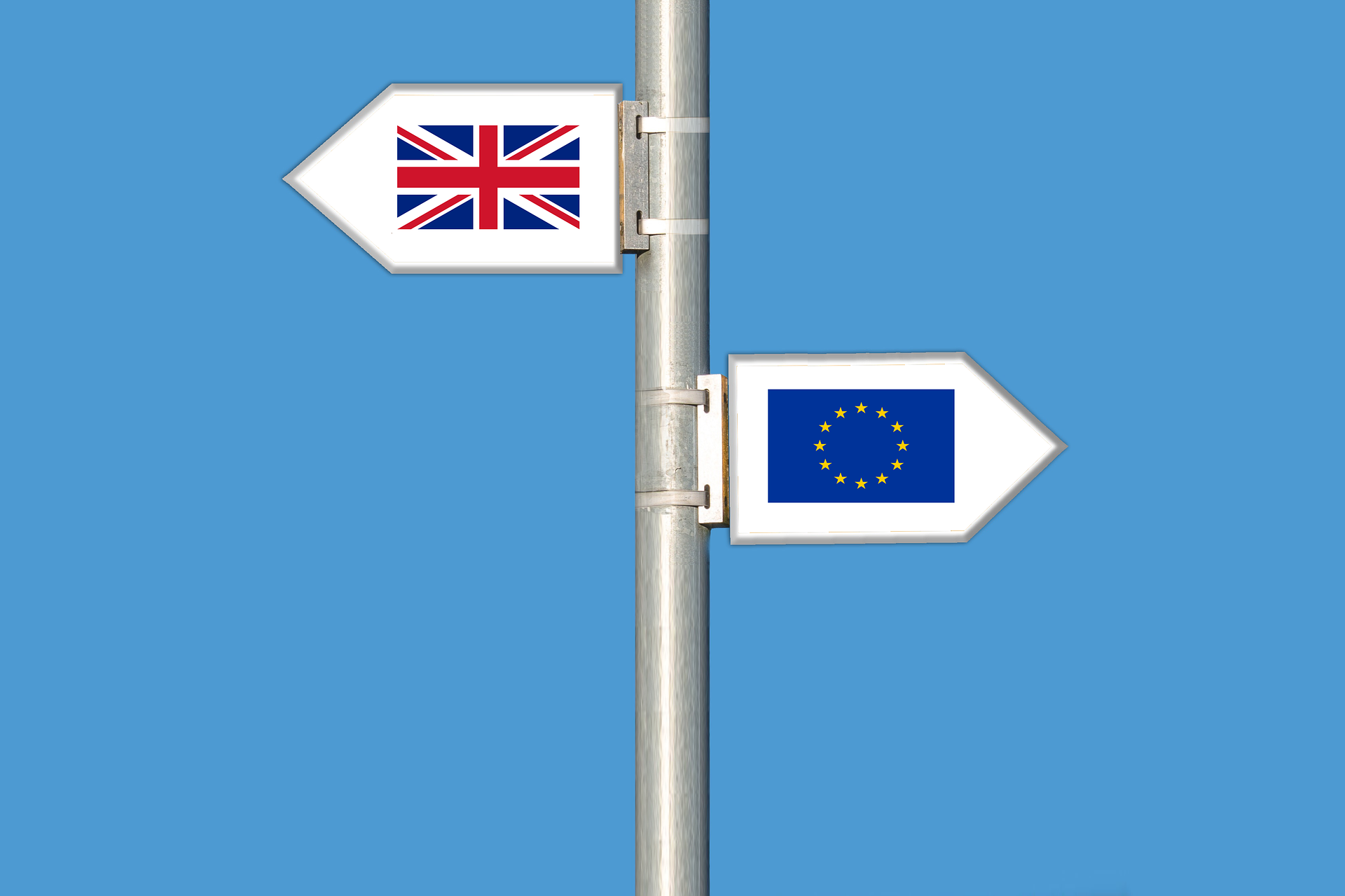
The dust may have started to settle a little after the EU referendum result, but what happens now and what will a Brexit mean for employment rights?
The UK government still needs to submit a withdrawal notice to officially start the process of exiting the EU. But this isn’t expected to happen for a while, especially with the change of Conservative leader on the horizon. Once the withdrawal notice has finally been submitted, the UK will officially leave the EU two years later, or once the terms of the exit have been agreed with the EU. Once the terms have been approved, then the UK’s withdrawal will have to pass through parliament.
The UK’s departure from the Court of Justice of the European Union is expected to result in changes to case law. Holiday pay and accumulating annual leave while on long-term sick, could be areas where there are noticeable changes, but this will be probably be in stages and, parliament may decide to introduce relevant legislation before this happens.
Leaving the EU will not by itself revoke UK employment laws or immigration rules across-the-board. Parliament will need to rescind the European Communities Act 1972, but many of our employment laws from Europe have been implemented through other UK legislation. Each law would need to be changed or scrapped individually.
The protection of workers’ rights has been a key objective of the EU. A Brexit is unlikely to change existing UK legislation, as EU directives have become imbedded into UK employment legislation and woven into best practice guidelines for employers. But leaving will mean the UK will not be able to benefit from future employment rights planned by the EU.
The biggest implications of a Brexit will be felt in the future.
There are many unknowns, for example in 2018 the General Data Protection Regulations will be replacing the existing UK Data Protection Act 1998, but it is not clear whether the UK will still be implementing this after leaving the EU.
What we also don’t know is when the European Court of Justice and European Court of Human Rights will stop hearing cases, which could affect current and impending cases that want to be heard in an independent court.
It is likely, and hoped by many, that employment law that has already been implemented will not change. But there is no doubt that the lead on future legislation will come from the UK, although hopefully the UK will still be following and implementing the best practices of European law.
Only time will tell what the true impact of a Brexit will be.








